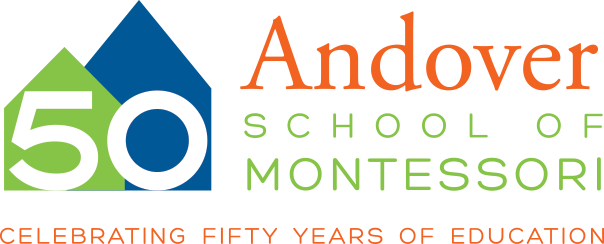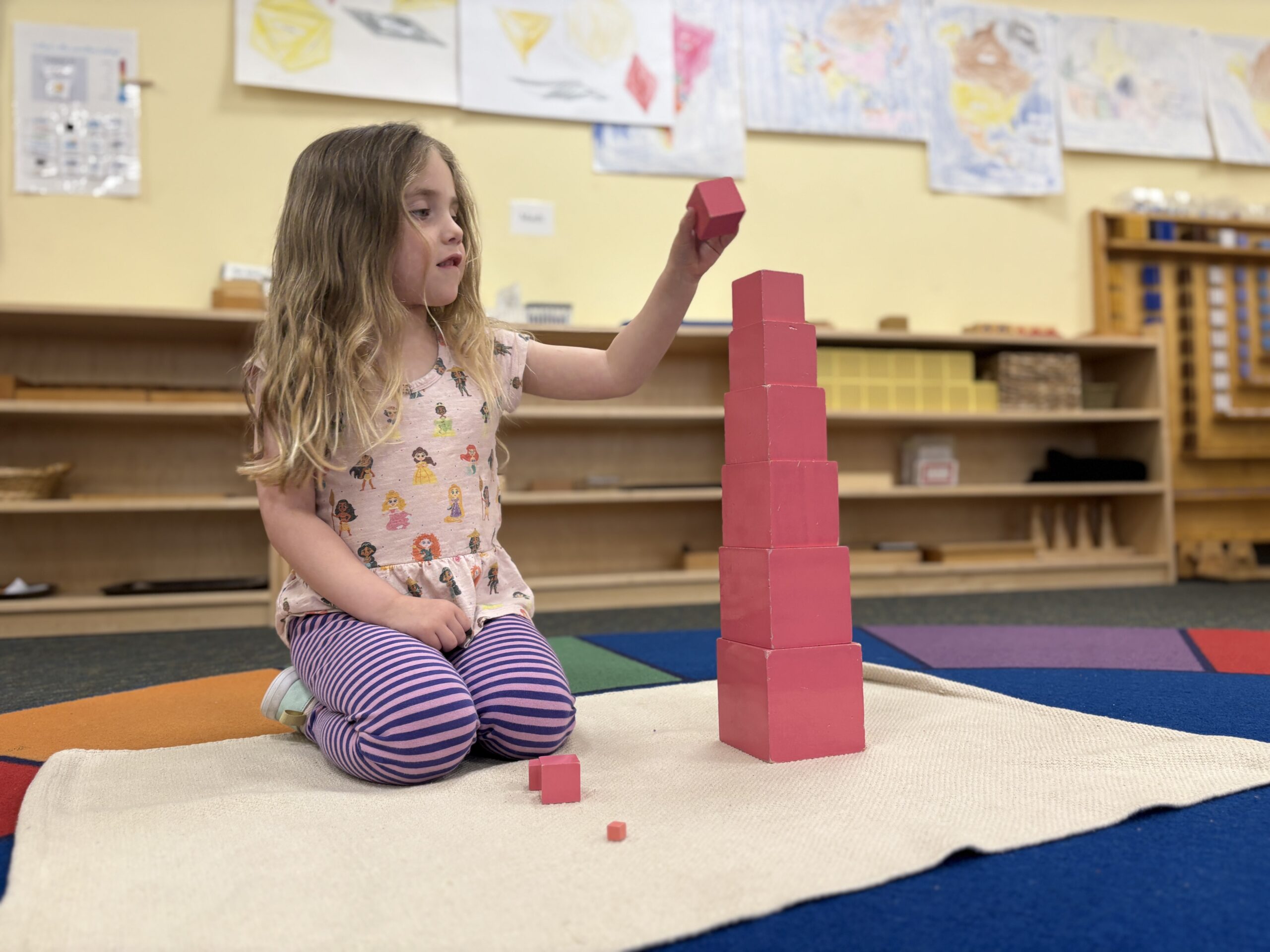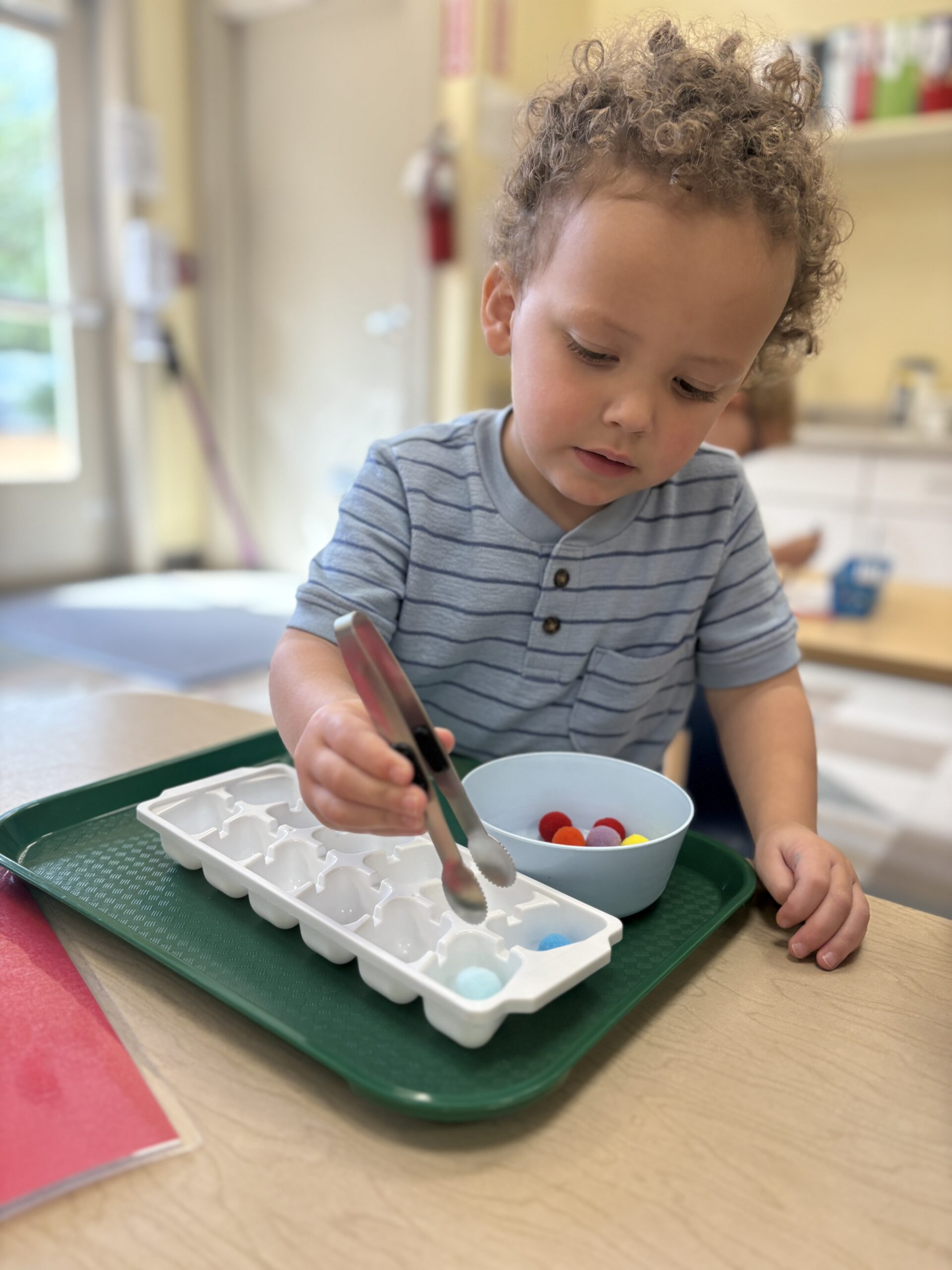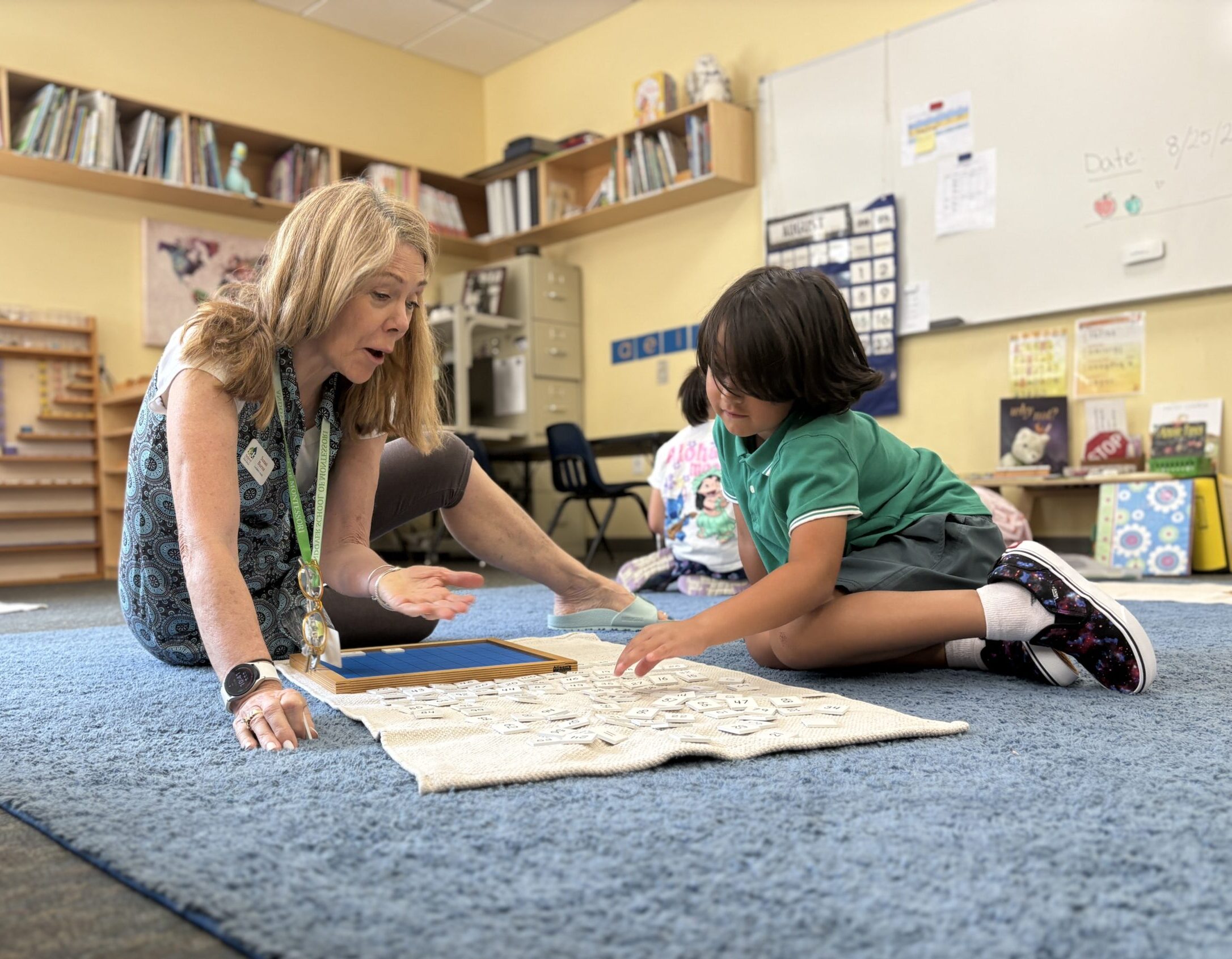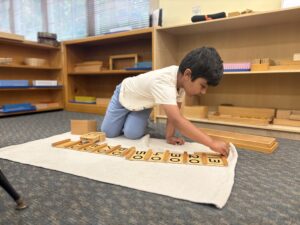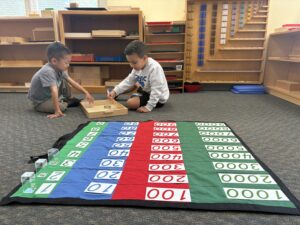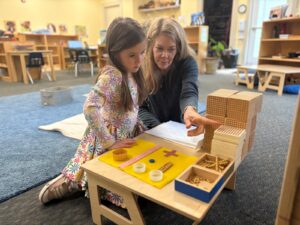Children’s House multi-age classrooms are designed for preschool (ages 2.9 through 5) and kindergarten students. Each class is organized by academic areas, such as math, language, and cultural. Children progress through the curriculum at their own pace. Lessons are provided individually and in groups. The multi-age classroom provides endless opportunities for your child to develop socially and academically.
Kindergarten students divide their time between the multi-age classroom and the Kindergarten classroom. The two environments, though intentionally different, facilitate and support the enormous growth that happens in the kindergarten year. Students benefit from a more rigorous academic program that allows them to study specific topics in depth and complete long-term project work. Kindergarten students are leaders in their multi-age classroom and have additional responsibilities as role models.
Students at ASM show what they’ve learned in a multitude of formats that include working with Montessori materials, engaging in project based work, discussing what they’ve learned in groups, and journaling (in Kindergarten). Learning this way allows students to collaborate, create and problem-solve, and are all forms of assessment.
The skills that students need to acquire as they journey down their path of education are the ability to critically think and analyze, and apply the information they’ve learned to real-life problems. At ASM, your child will be assessed through daily teacher observations, discourse and written work.
